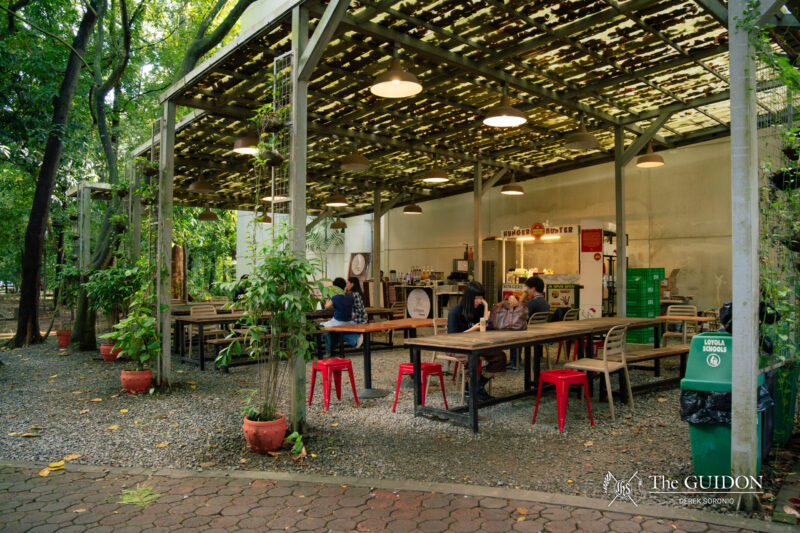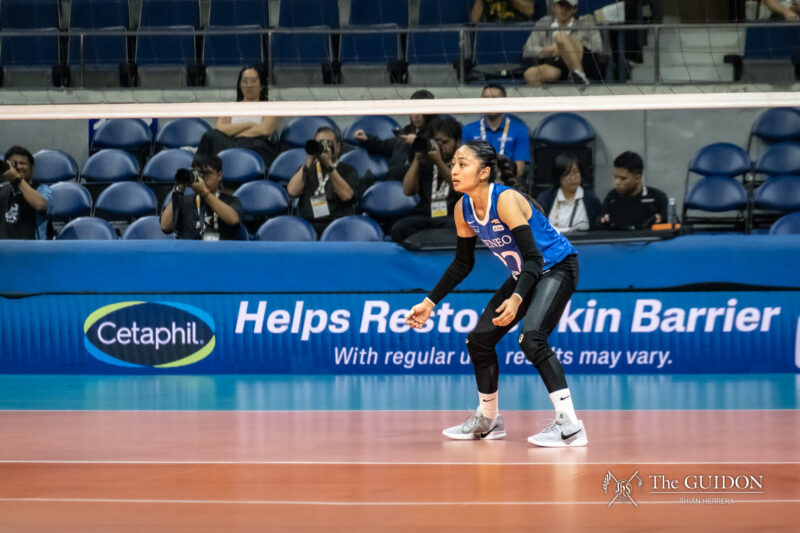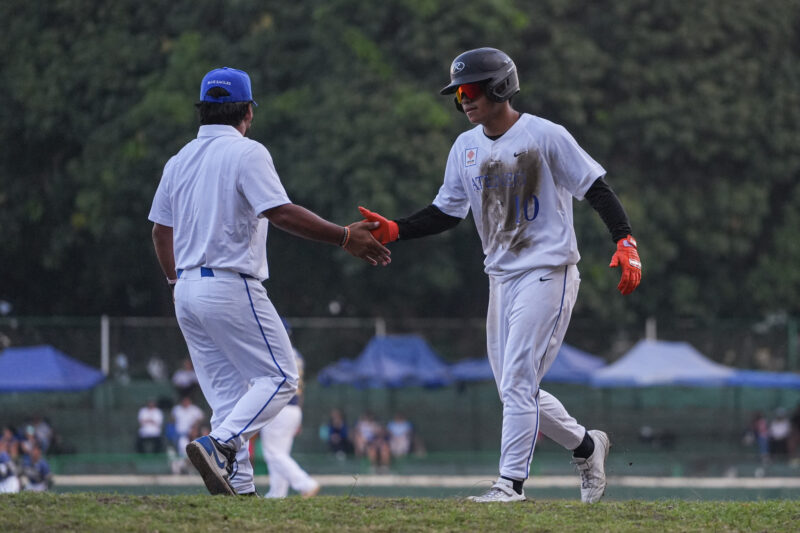THE TRANSITION from high school to college can be both exciting and terrifying. Navigating the “TBA” class schedules, leafing through 40-page readings, and meeting classmates from different corners of the globe—all of these sudden changes can easily leave students feeling overwhelmed. Because of this, the Introduction to Ateneo Culture and Traditions (InTACT) program is designed to equip students with everything they need to know about the University and help them adjust to school culture.
As the current freshmen batch wait to take their first steps on Ateneo grounds, the implementation of the InTACT program in the online setting has found renewed relevance.
Expectation versus reality
InTACT is part of the Loyola Schools’ Integrated Ateneo Formation (InAF) program, which aims to help students adjust academically, develop a sense of community, and be acquainted with the essence of Ignatian Spirituality.
Despite the welcoming environment the program seeks to offer, some students express that they still struggle adjusting to the University. For Joane Marie Beldua (2 AB COM), the transition to Ateneo was not only difficult academically but also socially.
Beldua shares that she suddenly felt average for the first time in her life after taking her first classes in the Ateneo, thus feeling immense pressure to perform well. At the same time, she grappled with a lingering feeling of inferiority to her classmates who came from prominent schools and used English as their primary language.
“Most people from my previous institution would say that you’re smart, too smart. You would [also] be smart-shamed for speaking in English, which is the exact opposite here in the Ateneo,” she says.
For Beldua, it seemed as though the Ateneo espoused a radically distinct culture—one she struggled easing into. It translated to increased difficulty in establishing rapport with her blockmates and finding a consistent support system in her freshman year.
Her apprehensions eased after she learned that a class she was taking—the InTACT program—was specifically designed to help freshmen like her adjust to Ateneo culture.
However, the program fell short of her expectations. Instead of a warm welcome for the freshmen and transferees, Beldua saw the InTACT program as an “actual requirement”—very different from her expectations of a “coming home” and “something to spark her interest in the Ateneo.”
“The way it was given to us felt like a requirement because there were quizzes, there were discussion boards, and it felt like you were being graded although it wasn’t really,” she says.
While the program seeks to introduce students to University life, some believe that having a distinct culture which students must be accustomed to reinforces the University’s elitist reputation. It creates the notion that the school is simply “not for everyone.”
A welcoming community
Although orientation initiatives are a staple in academic institutions, the year-long InTACT program is unique to the Ateneo. Even after its remarkably warm and lively Orientation Seminar, the University continues to facilitate students’ transition months into their new school to create a safe space where all students feel comfortable and validated.
Although there is still a lack of data on the earliest implementation of the program, InTACT Program Coordinator Erikha Ghale Villasanta shares that the year-long subject can be traced back to around 1998 as a homeroom class under the English Department. The class mainly focused on assisting students in their academics, particularly in Math and English subjects.
To better aid freshmen and transferees feel more at home in the Ateneo and understand what it requires from them, the InTACT program was later transformed to a standalone course. In the previous year, the program was further developed to build resilient students who can adapt to the college environment and culture even in the online setting.
Apart from assisting in students’ individual growth, the program also helps freshmen immerse themselves in their community. InTACT’s integration with InAF exemplifies how the program aims not just for academic excellence, but also the holistic formation of the students who become professionals-for-and-with-others.
To ensure that these goals are met, the program has undergone several changes over the years. According to Villasanta, one of the biggest changes in the InTACT program were the topics discussed in the course materials. The materials, which now include Mental Health and Gender Sensitivity Modules, are developed depending on their relevance and importance to today’s youth. Moreover, topics such as the Student Handbook, grading system, and Ignatian Spirituality were retained.
According to InTACT Spokesperson LA Ibarrientos, modules that follow similar topics are clustered together. Instead of the original 12-13 modules during on-site classes, they are cut down to five to six modules with one synchronous session each. The formation programs in the InTACT program are also modified, with the Coming Home Retreat being converted to a self-paced online program.
These programs aim to help students discover themselves and the world around them.
“I think that the program is important because it gives [the freshmen] people who can help them in their time of need, whom they can approach whenever problems come up, and when the world is too heavy around them,” Ibarriento says.
For example, although students may struggle to connect with their blockmates, the program provides “definite support systems” through the homeroom advisers and student facilitators (SFs).
In guiding students through these tumultuous times, Villasanta compares the InTACT program to Waze, a GPS application for drivers.
“After you’re already familiar with [all of these University processes, we let you] go forth. You can do it. But no worries, if you think that there are still moments when you’re still lost, we’re still there for you. Andito lang kami. Buksan mo lang yung Waze app, gagabayan ka pa rin namin (We are here. Open the Waze app, and we will still guide you),” she explains.
Helping hand
To help new students better navigate the University, Beldua suggests better ways to establish rapport between homeroom advisers, SFs, and the blocks themselves.
“[The program] needs to establish bonding sessions […] para sabay-sabay silang [the students] maiimmerse sa InTACT program (so they are immersed in the InTACT program at the same time),” she states.
Beldua also emphasizes the necessity of more engaging discussions instead of lecture-based ones to motivate class participation. In continuously devising ways to best connect with the students, Ibarrientos hopes that freshmen and transfer students like Beldua continue to offer feedback for the program’s improvement.
Similarly, InTACT Student Facilitator Operations Officer Bianca Antonette Parasremains steadfast in her commitment to the program. “[We’re] not doing this to be popular. [We’re] doing it because it’s in service. So, [we’re] doing the best [we] can.”
Villasanta echoes this sentiment: “We try to learn from this batch then we adapt now. […] But more so lang, kahit hindi kami ‘yung teacher niyo sa acads, at least natutulungan pa rin namin kayo (But more so, even though we are not your teachers in academics, at least we can still help you) in any capacity we can.”
With reports from Paolo Buenaseda







